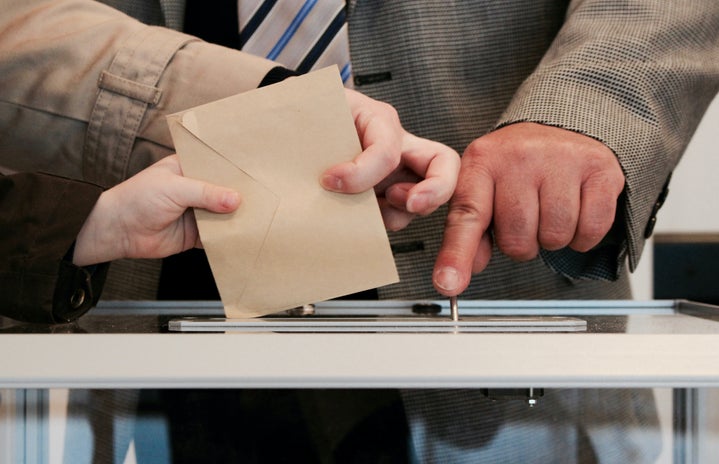If you live in Puerto Rico, you may have noticed that it’s impossible to escape the omnipresence of politics in daily life. Whether you’ve long overlooked this reality or consider yourself well-versed in the subject, the time for action has arrived: It’s time to vote!
The moment to immerse ourselves in the complexity of this civic duty has come. Voting is not an easy task; it’s not just about the act itself, but the reflection behind it.
We constantly hear, “It’s important to exercise your vote,” but what does it really mean? What deeper implications lie beneath this seemingly straightforward act?
According to the Cambridge Dictionary, the definition of “vote” is the act of showing your choice or opinion in an election by writing a mark on paper.
Here’s a concise overview of Puerto Rico’s electoral history:
The first elections in Puerto Rico took place in November 1900 when municipal councils were elected under military rule. However, only men over 21 who could read, write, and pay taxes were eligible as candidates in those elections.
In April 1929, a significant change occurred when literate women aged 21 and over were given the right to vote, following the presentation of around 12 different bills in the Legislative Assembly over the previous decade. This marked a milestone when, in 1932, literate women over 21 were able to vote for the first time.
Subsequently, on March 23, 1935, legislation was enacted allowing all women to vote, regardless of literacy. This change had a notable impact, as nearly half of the new registrants in the 1936 elections were women.
Voting is both a right and an obligation for every citizen, as outlined in our Political Constitution. According to its provisions, the act of voting must adhere to principles of freedom, equality, universality, secrecy, and directness. In my opinion, there is a big difference in people’s behavior when they take on the role of consumers versus voters.
When citizens act as voters, they have few incentives to inform themselves and therefore, they lack knowledge because it is less accessible compared to the existing interests of acting as consumers, where information reaches the individual automatically and motivates them to make decisions.
Here are some reasons why voting is important:
Voting is our right and duty
There are individuals who have sacrificed to uphold this fundamental right. Voting transcends mere candidate selection; it encompasses choosing the representatives that align with your values and influencing decisions that shape your community. Your vote holds sway over critical matters like healthcare, immigration, gender equality, voting rights, infrastructure, employment, education, and social security.
Voting empowers your voice
By not voting, you silence your voice and forfeit the opportunity for your opinions to be considered. In just one hour, you can create a lasting impact. When you cast your vote, you play a part in shaping and protecting your future as well as that of your loved ones.
Voting is an act of empathy
As mentioned earlier, voting is about taking care of yourself, your loved ones, and your country. It shows that your geographical space is important and worthy of preservation and care. Choosing the best candidate who proposes to improve the land where you reside is an act of gratitude towards your country. Furthermore, voting is about ensuring the well-being of children, the elderly, and marginalized communities. Not voting means leaving their security in the hands of anyone.
Voting has an impact on key aspects of society
By electing officials such as governors, legislators, and other members, you are deciding how your taxes are used and how the tax burden is shared. Additionally, your electoral decisions can directly affect your employment, from minimum wage to job security.
Vote for a better education
The selection of the school district board and decision-making on school policies and budgets are directly linked to your academic future. The future of public education is in our hands as well.
Vote to improve security
Lastly, your electoral decisions also impact community safety, the quality of streets and roads, as well as the focus on crime prevention and public infrastructure. Voting is an opportunity to choose those committed to addressing these issues effectively and improving the quality of life for everyone.
Unlike countries with authoritarian regimes, Puerto Rico has frequent elections. In a single day, during the general elections, the entire government is renewed, from the Governor to local legislators. This is unique, as in other places, presidential and parliamentary elections often occur on different dates. It’s crucial to participate massively in these elections because the outcome impacts the present and the future of the next generations.
Examining the importance and essence of voting is crucial for comprehending the true value of democracy. While you may perceive one vote more or less as inconsequential, the reality is far from it. As young individuals, we must embrace our role as voters with a strong sense of responsibility, as the impact of our actions resonates deeply in shaping not just our lives, but also those of others.


